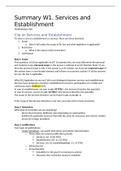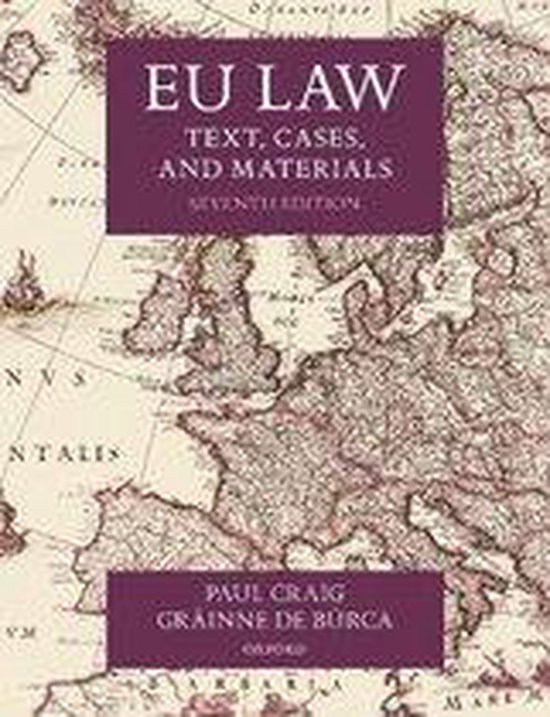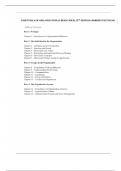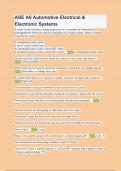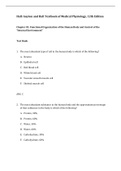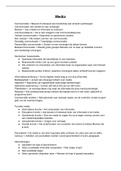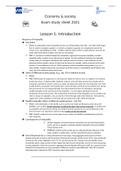Samenvatting
Samenvatting EU Law (Book, methodology clips and cases), ISBN: 9780198856641 European Law (RGBUIER003)
Samenvatting week 1 tot en met 6 EU Law Universiteit Utrecht. Samenvatting van "EU Law: Text, Cases, and Materials" van Craig & De Burca. Inclusief uitgeschreven kennisclips (methodology clips) en samenvatting van de case law. Summary week 1 to 6 EU Law University of Utrecht. Summary of "EU L...
[Meer zien]
